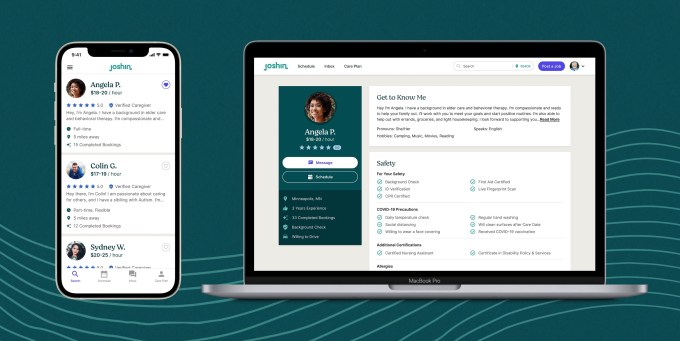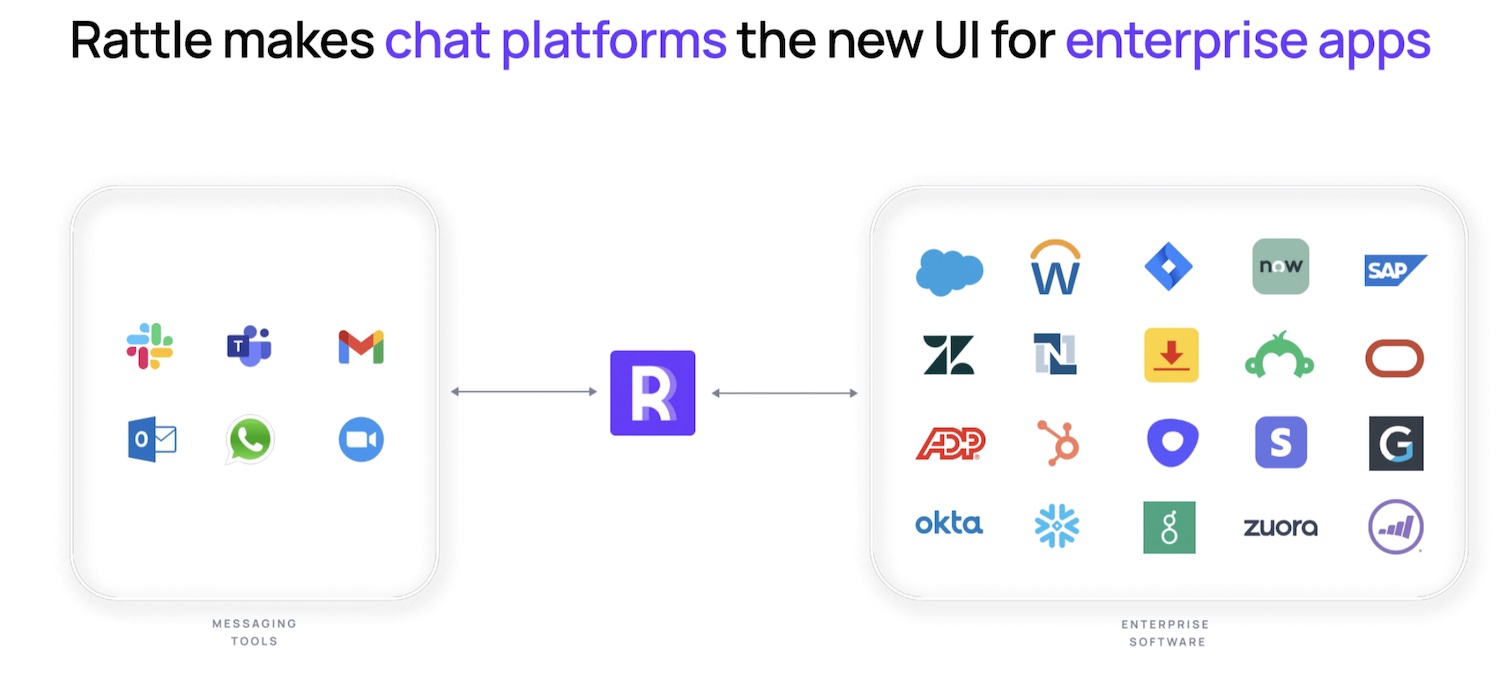The digital transformation currently sweeping society has likely reached your favorite local restaurant.
Since 2013, Boston-based Toast has offered bars and eateries a software platform that lets them manage orders, payments and deliveries.
Over the last year, its customers have processed more than $38 billion in gross payment volume, so Alex Wilhelm analyzed the company’s S-1 for The Exchange with great interest.
“Toast was last valued at just under $5 billion when it last raised, per Crunchbase data,” he writes. “And folks are saying that it could be worth $20 billion in its debut. Does that square with the numbers?”
Full Extra Crunch articles are only available to members.
Use discount code ECFriday to save 20% off a one- or two-year subscription.
Airbnb, DoorDash and Coinbase each debuted at past Y Combinator Demo Days; as of this writing, they employ a combined 10,000 people.
Today and tomorrow, TechCrunch reporters will cover the proceedings at YC’s Summer 20201 Demo Day. In addition to writing up founder pitches, they’ll also rank their favorites.
Even remotely, I can feel a palpable sense of excitement radiating from our team — anything can happen at YC Demo Day, so sign up for Extra Crunch to follow the action.
Thanks very much for reading; I hope you have an excellent week.
Walter Thompson
Senior Editor, TechCrunch
@yourprotagonist
How Amazon EC2 grew from a notion into a foundational element of cloud computing

Image Credits: Ron Miller/TechCrunch
In August 2006, AWS activated its EC2 cloud-based virtual computer, a milestone in the cloud infrastructure giant’s development.
“You really can’t overstate what Amazon was able to accomplish,” writes enterprise reporter Ron Miller.
In the 15 years since, EC2 has enabled clients of any size to test and run their own applications on AWS’ virtual machines.
To learn more about a fundamental technological shift that “would help fuel a whole generation of startups,” Ron interviewed EC2 VP Dave Brown, who built and led the Amazon EC2 Frontend team.
3 ways to become a better manager in the work-from-home era

Image Credits: Jasmin Merdan (opens in a new window)/ Getty Images
Most managers agree that OKRs foster transparency and accountability, but running a team effectively has different challenges when workers are attending all-hands meetings from their kitchen tables.
Instead of just discussing key metrics before board meetings or performance reviews, make them part of the day-to-day culture, recommends Jeremy Epstein, Gtmhub’s CMO.
“Strengthen your team by creating authentic workplace transparency using numbers as a universal language and providing meaning behind your team’s work.”
The pre-pitch: 7 ways to build relationships with VCs

Image Credits: Getty Images under an Andrii Yalanskyi (opens in a new window) license
Many founders must overcome a few emotional hurdles before they’re comfortable pitching a potential investor face-to-face.
To alleviate that pressure, Unicorn Capital founder Evan Fisher recommends that entrepreneurs use pre-pitch meetings to build and strengthen relationships before asking for a check:
“This is the ‘we actually aren’t looking for money; we just want to be friends for now’ pitch that gets you on an investor’s radar so that when it’s time to raise your next round, they’ll be far more likely to answer the phone because they actually know who you are.”
Pre-pitches are good for more than curing the jitters: These conversations help founders get a better sense of how VCs think and sometimes lead to serendipitous outcomes.
“Investors are opportunists by necessity,” says Fisher, “so if they like the cut of your business’s jib, you never know — the FOMO might start kicking hard.”
Lessons from COVID: Flexible funding is a must for alternative lenders

Image Credits: MirageC (opens in a new window) / Getty Images
FischerJordan’s Deeba Goyal and Archita Bhandari break down the pandemic’s impact on alternative lenders, specifically what they had to do to survive the crisis, taking a look at smaller lenders including Credibly, Kabbage, Kapitus and BlueVine.
“Only those who were able to find a way through the complexities of their existing capital sources were able to maintain their performance, and the rest were left to perish or find new funding avenues,” they write.
Inside Freshworks’ IPO filing

Image Credits: Nigel Sussman (opens in a new window)
Customer engagement software company Freshworks’ S-1 filing depicts a company that’s experiencing accelerating revenue growth, “a great sign for the health of its business,” reports Alex Wilhelm in this morning’s The Exchange.
“Most companies see their growth rates decline as they scale, as larger denominators make growth in percentage terms more difficult.”
Studying the company’s SEC filing, he found that “Freshworks isn’t a company where we need to cut it lots of slack, as we might with an adjusted EBITDA number. It is going public ready for Big Kid metrics.”




